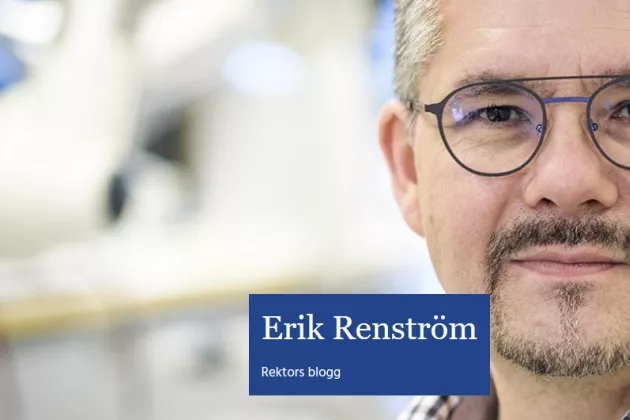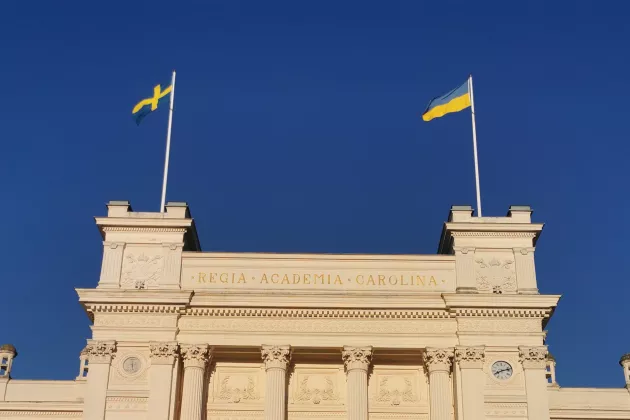These are my words from a previous blog and after last week’s dark events, when Russia invaded Ukraine, it has become even more important to stress this. We now have an ongoing war in Europe, which in addition to the human suffering impacting the Ukrainian civil population, is important for the principles involved.
We have a world situation in which democratic states are threatened and challenged by authoritarian regimes. We have seen the tendencies for a few decades with the receding of democracy in several countries. It is a threat to our free society as we know it, but it also threatens the University’s primary activities. In countries where democracy recedes, there is a weakening of the media, the judicial system and academic freedom. It is a clear pattern. And it is therefore important that the worlds’ universities highlight the threat to democracy and freedom in every possible way and through all available channels.
People are now gathering around the world to show their solidarity with Ukraine. Economic sanctions have been introduced against Russia that will also affect us. At Lund University we are trying to support Ukrainian students and teaching staff members as much as possible in this crisis. This is good, but the rapid manifestations of solidarity weigh lightly against the hard work that needs to be done and all the indications are that this will characterise the coming decades so that people can continue to live in free and democratic societies. This is a heavy task for those of us working within free academia.
A free Ukraine has been struck a hard blow, but it has not died. And it is down to us to ensure that it lives on – those who work at Lund University or other universities all over the world. Academia creates a powerful international network that can sustain Ukrainian students and teaching staff members through the crisis. We can give them a sanctuary and the opportunity to continue their efforts to promote Ukraine’s development for a better future.
The academic network is more durable than both political and diplomatic networks. Personal academic connections can and should live on even with non-democratic countries that lack the same degree of freedom as us, but in a prudent and responsible way. Young people of all nationalities who are passionate about a sustainable and democratic society will obtain both ideas and the strength to put them into action.
In this way, we strengthen our own democracy and lay the foundations for the development of democracy where it is needed. With this approach, we form a basis for democracy and freedom to also prevail on the fertile plains north of the Black Sea, which many consider to be the cradle of European civilisation.
/Erik



